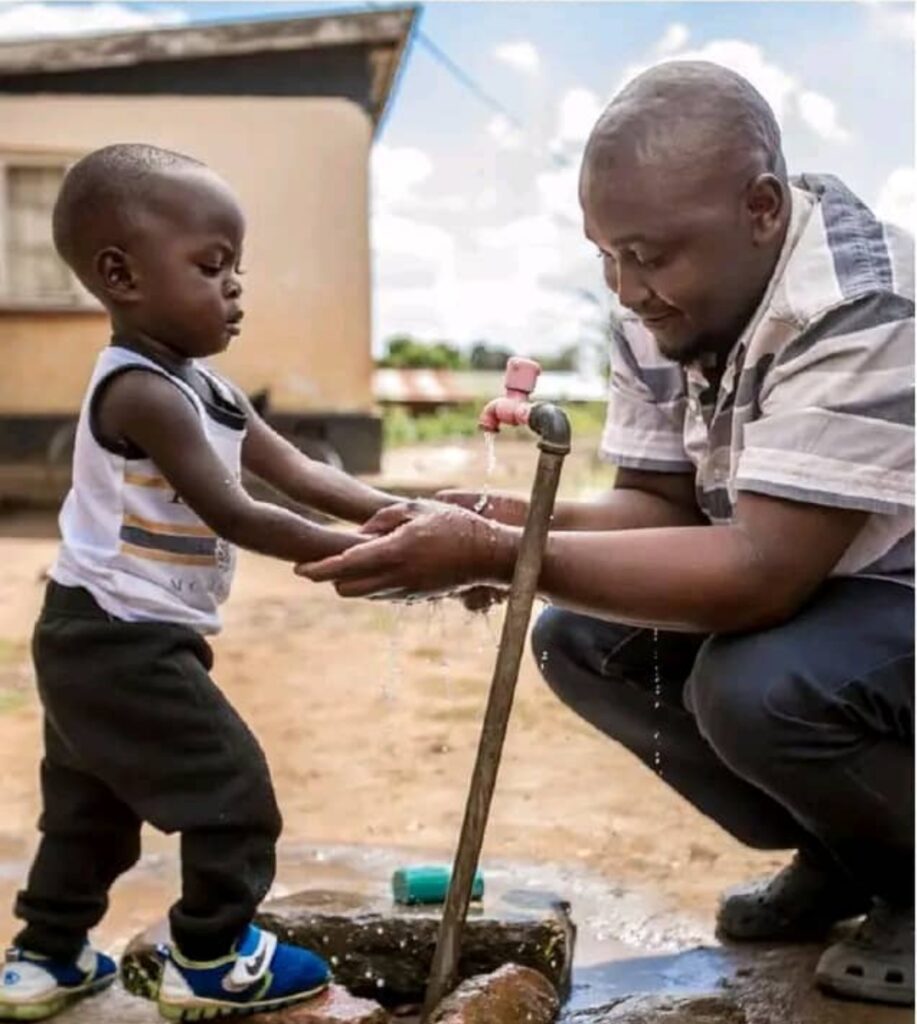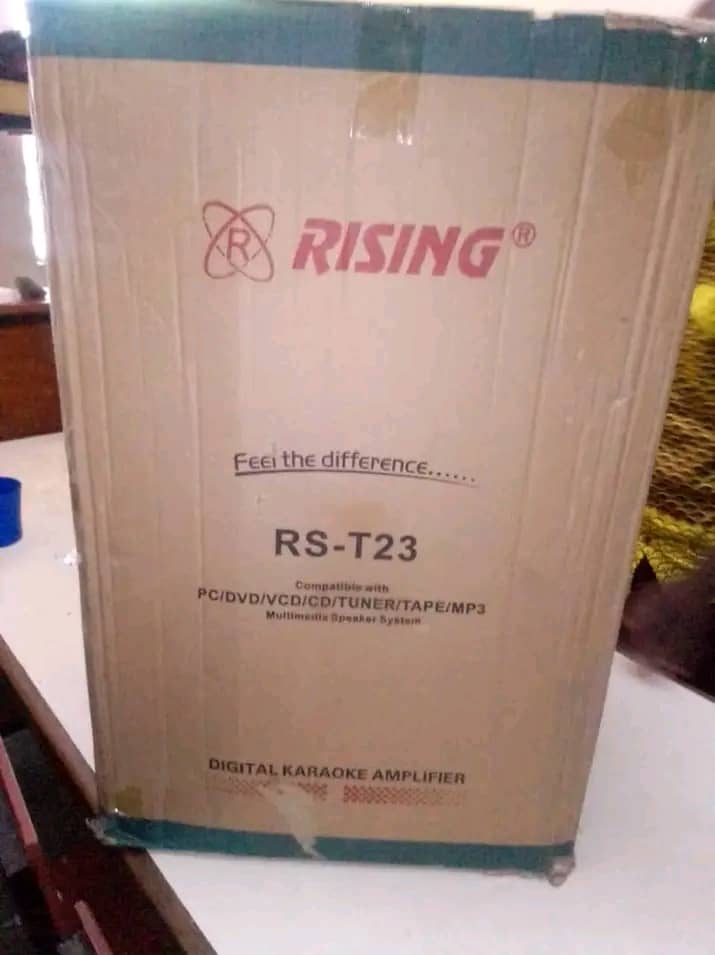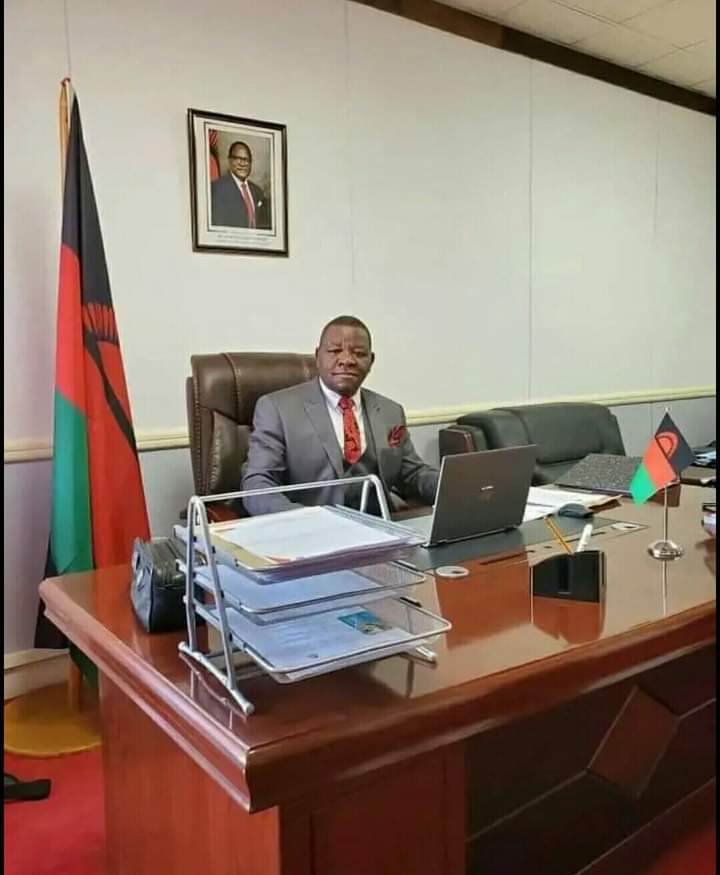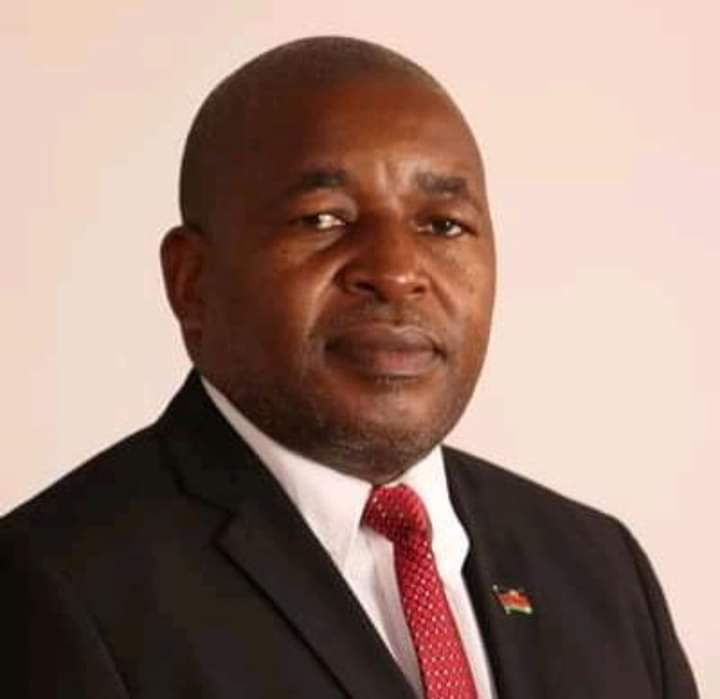Covid19 Urban Cash Injection CUCI Abused In Mzuzu City

The Covid-19 emergency urban cash transfer programmes such as Covid19 Urban Cash Injection (CUCI) and Malawi Covid-19 Scalable Safety Nets response were introduced to assist households to cope with the economic and weather woes and other shocks targeting the most vulnerable in the country’s urban centers of Blantyre, Lilongwe, Mzuzu and Zomba.
Since its introduction, the programme has been implemented in geographically targeted poverty hotspots based on the cities’ social-economic profiles and household vulnerability assessment and started with supporting 199,640 beneficiary households through monthly cash payments.
However, this investigative news item established that some residents in Mzuzu City have been accessing the monthly cash disbursements despite queries from some poverty stricken hotspots claiming that the most deserving vulnerable people were left out due to the insistence of some Ministry of Gender officers to leave out Ward Councilors in the processes of identification and registration of beneficiaries accusing them that they wanted to abuse the process.

The Ward Councillors for Chiputula and Chibavi West wards, Hiwette Mkandawire and Gabriel Mwangulu respectively raised an alarm informing authorities that officials from the Ministry of Gender who were tasked to register beneficiaries abused the process by putting in the payroll system some ghost beneficiaries, their friends and relatives defeating the whole purpose of both the COVID-19 Urban Cash Injection and Malawi Covid-19 Scalable Net response.
“Go around my ward you will be disappointed to find out that those on the payroll receiving the Covid-19 emergency urban cash transfer and beneficiaries of the Scalable Safety Nets are well-to-do people leaving out the most deserving vulnerable people including the elderly and widows, it is very pathetic situation,” Mkandawire said.
The 74-year-old, Ferboes Mtegha of Chiputula area who was lost his job during the massive retrenchment at then Carlsberg Limited now Castel Malawi Limited and another 73-year-old widow, Mariah Mphande of Masasa Townships in the city are some of the typical examples of those who could be primary beneficiaries in either CUCI or Malawi Covid-19 Scalable Safety Nets response programmes but their names do not appear on either list.
“I went to the City Council offices at the Mzuzu stadium for confirmation to benefit from the CUCI cash disbursements, I even undergone the Sim swap during the vigorous Know Your Customer (KYC) process but surprisingly I never benefited from the programme,” lamented Mtegha.
Mphande said: “My family is suffering a lot and if was on this programme then we would benefit a lot and some of the problems we are facing would be lessened, I went through all the processes but I receive nothing”.
The department of Economic Planning and Development has been using mobile money system (MMS) as a means of disbursing the cash which has provided room for the officials to abuse it to benefit undeserved beneficiaries.
It is also noted that due to high illiteracy levels among the elderly even some eligible beneficiaries who were successfully identified through the Know-Your-Customer (KYC) exercise and had their data aligned with the Ministry of Economic Planning and Development and Public Sector Reforms have been finding it difficult to access their money transfers.
This publication dug deep focusing on the failure by government instruments to properly manage the COVID-19 funds despite properly laying down procedures for successful implementation of the process leading to some friends and relatives of ministry of gender officials to fraudulently benefit from the programme.
The investigations have also exposed the name like that of Ellis Banda, wife to the Human Rights activist, Masauko Thawe, appearing on the Mzuzu City Council’s list of beneficiaries bearing all her particulars but mismatched on the phone number being used for cash disbursement.
While acknowledging having provided all the required information to the enumerators assigned by the responsible ministry and the Mzuzu City Council, Banda also wondered as to how she could not receive the Nets, cash and food rations the two programs were providing.
Our investigations further exposed the gap that exists between the citizenry more particularly the city residents and those in authority such as the Ministry of Gender, the office of the Attorney General, Judiciary, Auditor General and sector heads at Mzuzu City Council.
Ironically, responding to the accusations levelled against how the Council managed the programme, Mzuzu City Council Public Relations officer Macdonald Gondwe defended the criteria used to select beneficiaries stating that the system used to identify recipients of the Covid-19 Funds was already installed and no official could abuse it.
CUCI was an intervention that sought to cushion livelihoods of vulnerable and low-income households from the socio-economic impact of the COVID-19. The cash transfers targeted those who primarily derive their livelihoods from the informal sector, especially those who depend on piecework, petty trading or those who may have been laid off from formal employment.




